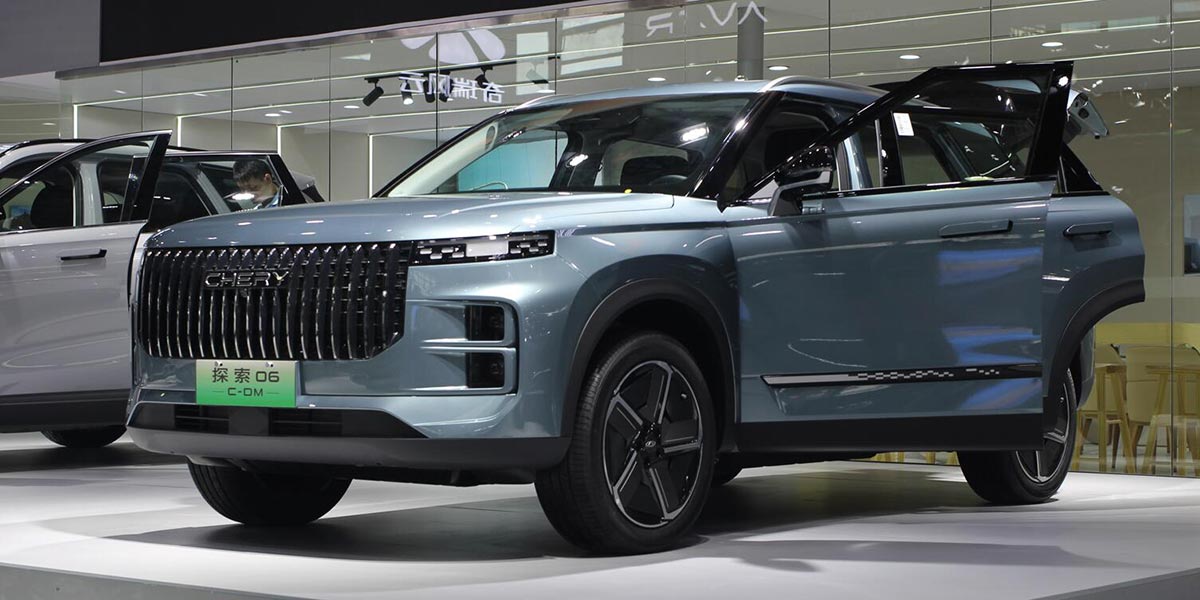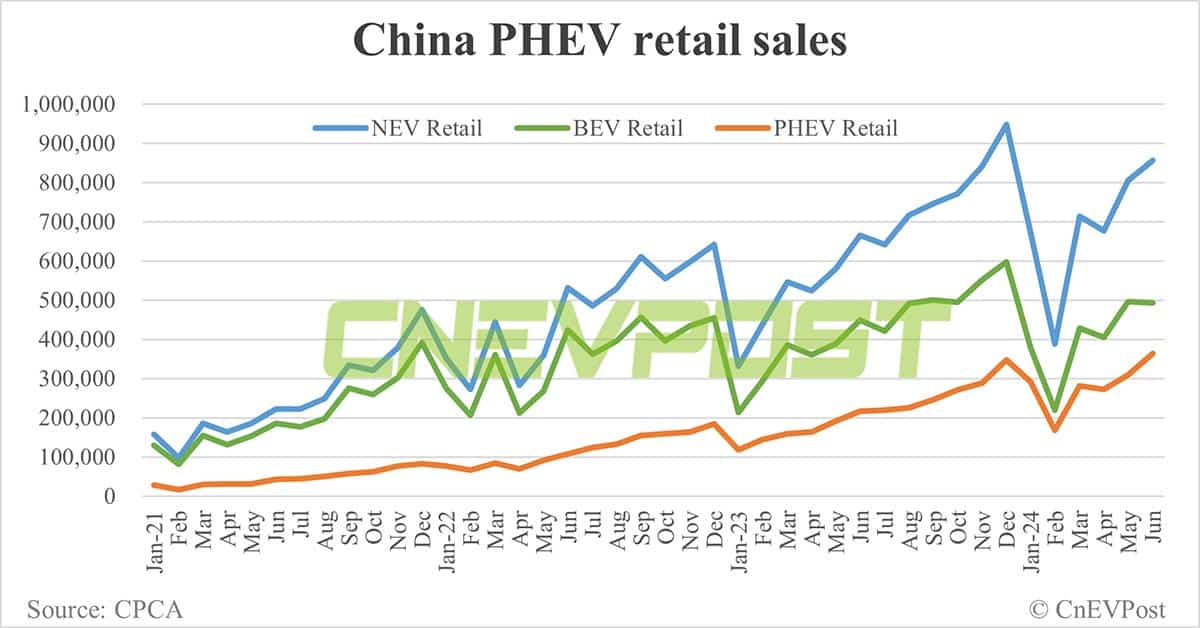Chengdu, one of China's cities with the highest number of car ownership, will look into including hybrid vehicles in the restriction on fuel vehicles.

Chengdu, the capital city of Sichuan province in southwestern China, has hinted that it may stop giving plug-in hybrid electric vehicles (PHEVs) the same treatment as battery electric vehicles (BEVs) in terms of road access.
Regarding the proposal to include hybrid new energy vehicles (NEVs) in traffic restrictions, Chengdu will launch a feasibility study in due course, the city's traffic management authority said.
The Sichuan provincial government today posted an article on its official WeChat account with the headline "Will Chengdu include hybrid NEVs in traffic restrictions? This is the official response".
With the increasing number of vehicles with green license plates, the question of whether NEVs should be included in the driving restrictions in Chengdu has become a major concern for the city's citizens, the article said.
At the end of June 2024, China's motor vehicle fleet reached 440 million vehicles, of which Chengdu, Beijing and Chongqing each had more than 6 million, the article noted.
The article cited proposals that Chengdu should include hybrid vehicles in its driving restrictions, with key considerations including the fact that some PHEVs have a battery range of only 30-40 kilometers and are still primarily fuel-driven most of the time, which goes against the original intent of being environmentally friendly and energy-efficient.
Including hybrid models in traffic restrictions will effectively ease the traffic pressure in Chengdu and improve the travel accessibility for the public, according to the proposal submitted on a local government platform.
In addition, some other cities, such as Beijing, have already included hybrid models in their traffic restrictions, and traffic congestion has been effectively alleviated, the proposal mentioned.
As background, Beijing has been treating PHEVs the same as traditional internal combustion engine vehicles for the past years, including the use of similar license plates, and travel restrictions. BEVs, on the other hand, enjoy preferential treatment.
Shanghai has offered free green NEV license plates to buyers of PHEVs and BEVs for many years, though the preferential treatment for PHEVs was removed last year.
Starting January 1, 2023, Shanghai no longer offered free license plates for PHEVs, including extended-range electric vehicle (EREV) models. Consumers buying BEVs now will still be able to get free green license plates.
Although NEVs include both PHEVs and BEVs in China's definition, hybrids are now being favored in many areas as they are seen as having no range anxiety and is enjoying higher growth.
In the first half of the year, China sold 4.1 million NEVs, up 33.21 percent year-on-year, according to the China Passenger Car Association (CPCA).
BEVs sold 2.42 million units in the first half of the year, up 15.71 percent year-on-year, while PHEVs sold 1.68 million units, up 69.38 percent.
